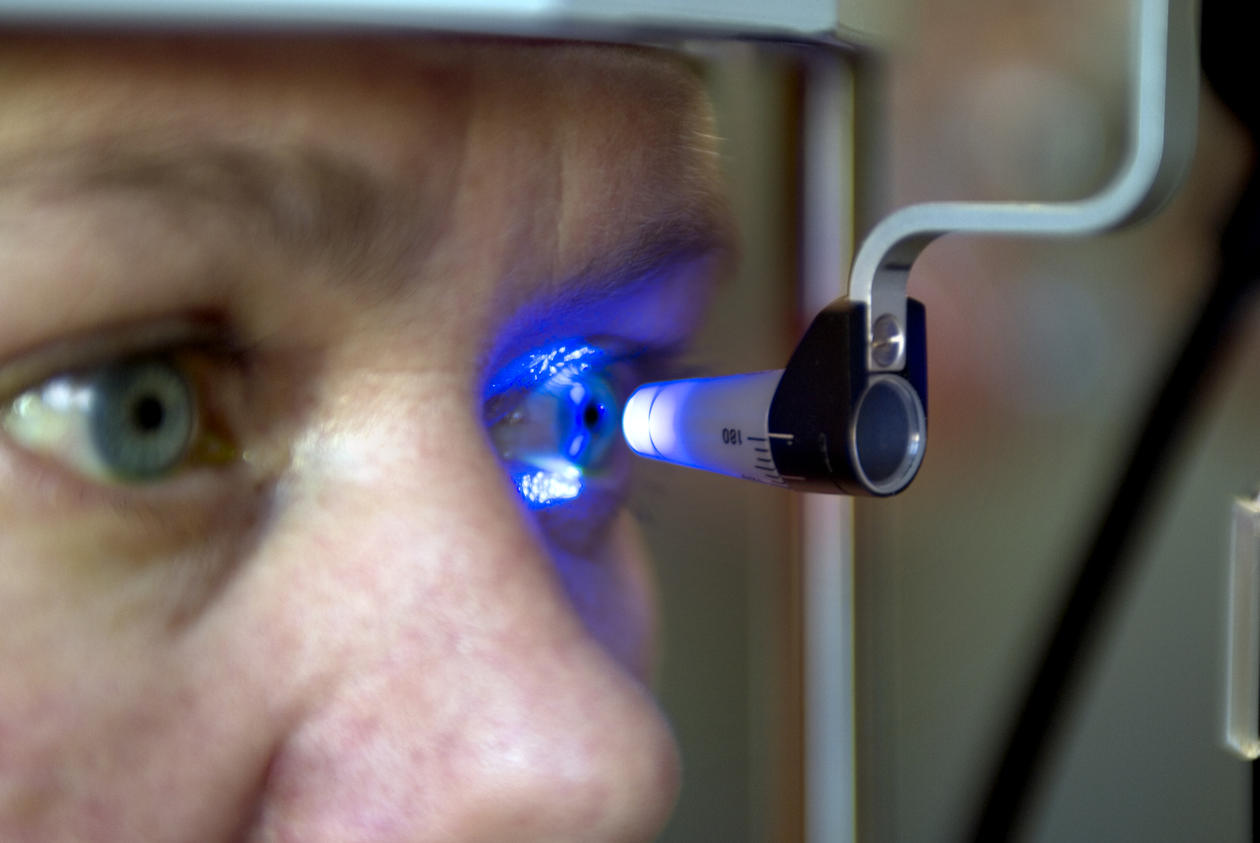Vision, fatigue and safety
”Sitting is bad for your loins and staring is bad for your eyes”
Main content
Maritime accidents occur frequently and usually happen due to human error. In a study from the Coast Guard in the United States it is estimated that between 75 % and 96 % of all accidents are caused by human error (Rothblum & Caralhais 2002). Investigation of the accidents and research has had an increased focus on these types of causal factors the last years.
Shipping has traditionally been based on low staffing and long shifts. In the preparations of work on a new legislation (Skipsikkerhetslov), it is pointed at fatigues as the main cause of accidents with ships. (NOU 2005:14). Stricter rules for rest and working hours will be introduced for this reason.
Military transport is influenced by other trading pattern and requirements than any civilian shipping. Minimal staffing for complex vessels with large demands for autonomy, combat power and navigation provides high and sustained loads for the core crew. There are few opportunities for rest. The trend is towards herds where each person has several core tasks (lean manning) and requirements for competence and presence. With a duty load over several days, a general fatigue caused by sleep deprivation develops.
Researchers have previously asked questions such as:
-Does fatigue give impaired visual function?
-Do changes on a cell level, which causes changed visual function by sleep deprivation, take place?
-Can such changes be traced by measuring the known parameters like visual acuity, colour vision, contrast vision or night vision?
The anatomy and photochemical function of the eye is well described. The adaptive responses of the eye, like light adaption and pupille change and eye characteristics, such as visual acuity and colour vision are also well described. There is however very little literature which highlights a change of the eye functions as a result of sleep deprivation.
In an assessment of the causes of navigation accidents in the Royal Norwegian Navy in a review of commission and investigation reports, multifactorial causes of accidents appear (Gould. 2005). Common in all reports is little focus on fatigue or phenomena associated with this.
The aim of this study is to identify changes in visual function due to sleep deprivation, and to establish a standard material for contrast vision.
Study coordinator: William F Koefoed, University of Bergen / Norwegian Centre for Maritime Medicine
